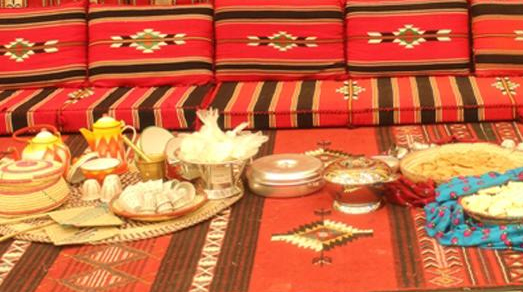
Riyadh, Feb 15: Oliver Twist asked for more and did not get any soup. For most of the GCC states, it is a question of taking far too much and not eating it.
According to the Rome-based Food and Agricultural Organization (FAO), a third of the food produced globally is wasted and this costs the global economy $750 billion annually, a figure higher than the GDP of several developed countries.
The GCC region has the dubious distinction of being a frontliner in this waste parade, both on the domestic and the commercial front. The exponential increase in the number of food outlets, restaurants and cafes has generated a further spike in wastage.
The call for a waste management strategy has been made at several conferences but very little has been done to implement the recommended controls. On the contrary, the neglect is reflected in the fact that the UAE and Saudi Arabia have the highest per person per day garbage disposal in terms of weight, often five times that of other countries.
A little over 40 million residents in the GCC generate 26 million tons of uneaten food or roughly 667 kg per person annually which hits an average of 1.5 kg per day for each individual with the UAE tipping the 2 kg mark. Of this total, 17 million tons are contributed by Saudi Arabia.
With acute water shortage directly linked to food production and a tangible fear that taps will run dramatically dry by 2050 in the region, the need of the hour is to activate stringent measures, and to do that now.
The most logical and instant contribution to reduction is to cook less. But for multiple cultural and social reasons that does not occur.
The UN report underscores frightening implications if attitudes do not change and disposal systems are not upgraded. It says rotting food creates greenhouse gases and the wide range of food packaging materials compromises the recycling of the wasted food into organic energy, since much of it is nonbiodegradable.





Comments
Add new comment